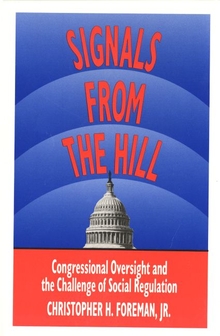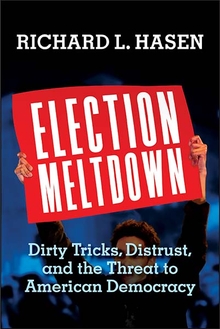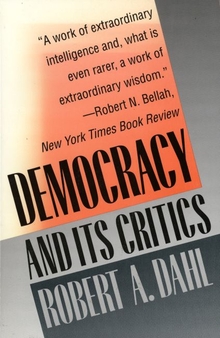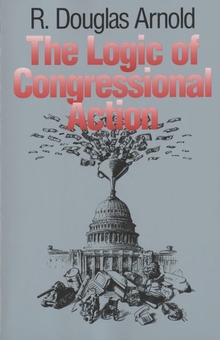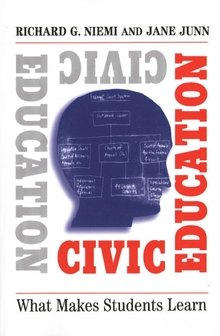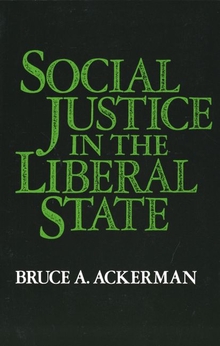Signals from the Hill
WARNING
You are viewing an older version of the Yalebooks website. Please visit out new website with more updated information and a better user experience: https://www.yalebooks.com
Congressional Oversight and the Challenge of Social Regulation
Does Congress do a good job of overseeing the work of the important legislative agencies—the EPA, FDA, OSHA, and others—that it has established to protect the public from some of the risks of modern technology? Combining analysis and anecdote, Christopher H. Foreman, Jr. looks into the oversight tools available to Congress, the variety of interest groups involved, the kinds of issues that arise between agencies and congressional committees, and the personal networks that affect relations between them; and he suggests what Congress can and should do to improve the process of social regulation.
"Foreman adds substantially to our understanding of the role played by oversight. . . . A solid contribution toward understanding the nature of day-to-day congressional oversight."—Burdett Loomis, Journal of Politics
"[This book] is presented clearly, free from jargon, whether academic or governmental. . . . A solid discussion of oversight."—Jan P. Vermeer, Perspective
"This is a thoughtful, effectively organized, and well-written book. Those concerned with legislative oversight will find it highly useful."—Morris S. Ogul, University of Pittsburgh
Winner of the 1989 D. B. Hardeman Prize given by the Lyndon Baines Johnson Library for the best book on Congress in the twentieth century
"Foreman adds substantially to our understanding of the role played by oversight. . . . A solid contribution toward understanding the nature of day-to-day congressional oversight."—Burdett Loomis, Journal of Politics
"Foreman’s work merits the attention of all those concerned with congressional oversight and social regulation."—David M. Welborn, Forum for Applied Research and Public Policy
"Foreman debunks the myth that regulatory agencies are autonomous actors operating in a sea of congressional indifference. . . . Especially interesting is the discussion of why Congress often focuses its attention on the means of regulatory policy rather than on the ends of such policy. . . . Represent[s] significant scholarly efforts that students of executive legislative relations will find well worth reading."—Richard Fleisher, Annals of the American Academy of Political and Social Science
"Foreman’s book portrays the nature and texture of congressional oversight very effectively. This makes it a valuable addition to the contemporary literature, one students in particular will find enlightening. Foreman does an excellent job portraying what those in Congress do and why they do it. . . . One of the more provocative chapters in the book focuses on the legislative veto. . . . Christopher Foreman succeeds in his stated goal of charting the landscape of regulatory oversight. Even scholars who do not share his perspective or use his approach will find his case studies a valuable addition to the literature."—Joel D. Aberbach, Congress & the Presidency
"Foreman has written an interesting little volume on the intricacies and sometimes arcane nature of the legislative oversight process. . . . He establishes a solid analytical framework and then makes excellent use of hundreds of examples and anecdotes in exploring his arguments. . . . A thoughtful piece of work. Foreman displays considerable knowledge of the actual workings of the oversight process."—Choice
"[This book] is presented clearly, free from jargon, whether academic or governmental. . . . A solid discussion of oversight."—Jan P. Vermeer, Perspective
"A fairly clear description of the process as it exists and suggests that any reform should be undertaken gradually and only after considerable discussion."—Publishers Weekly
Winner of the 1989 D. B. Hardeman Prize given by the Lyndon Baines Johnson Library and Museum for the best book on Congress in the twentieth century
ISBN: 9780300044102
Publication Date: September 10, 1989
Publication Date: September 10, 1989
224 pages, 5 1/2 x 8 1/4

